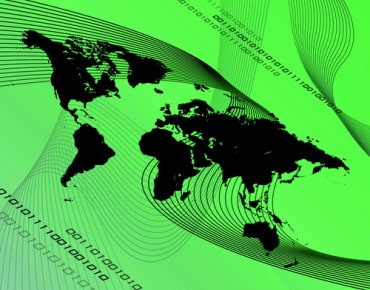
The European Data Act, if enacted, could bring major changes for manufacturers and software suppliers of IoT devices.
The European Union has moved one step closer to enacting laws that would regulate the data privacy and individual rights for citizens inside the bloc. The European Data Act, which covers Internet of Things (IoT) devices, cloud service providers, and public sector departments, is aimed at regulating the flow of data in and out of the EU, alongside improving access to said data.
On the IoT side of things, the legislation contains strict regulations on how IoT data can be shared with third parties, especially those outside the EU. It also looks like device manufacturers will be obligated to share more data from IoT devices with consumers. Farmers, as an example, would be able to obtain more granular data on soil moisture and acidity, which could help them manage crops more efficiently, without having to subscribe to an IoT manufacturer’s farming platform.
SEE ALSO: Using Fuzzy Logic and AI to Improve Supply Chain Efficiency
Having the ownership of the data collected from IoT devices in the hands of the consumer, or small business, and away from big tech should open up more competition in the analytics market. If a farmer is able to move their data from one provider to another, not being tied down by agreements made between the manufacturer and service provider, then we could see farmers shopping about for the best deal or software most suited to their predicament.
Of course, IoT is used in far more industries than just farming. Energy, oil and gas, manufacturing, telecommunications and other industries will be effected by this change.
The EU has taken aim at the stranglehold big tech firms in America have on the collection and movement of data in the European Union. Even though there are a few IoT providers located in the EU, the vast majority are US-based, similar to the cloud service provider market.
While this may be seen as a positive for EU citizens, some groups believe that the Data Act could harm European industry by putting it at a disadvantage versus other regions. “The Data Act will place European industry at a disadvantage by forcing it to give up hard-earned data and restricting contractual freedom, potentially leading to a new wave of de-industrialization and poses risks to our cybersecurity,” said Cecilia Bonefeld-Dahl, the director general of technology trade association DigitalEurope, in a statement.
The European Data Act is sure to go through another few rounds of drafting before it is finalized. It is expected to become law no earlier than mid-2024.




























